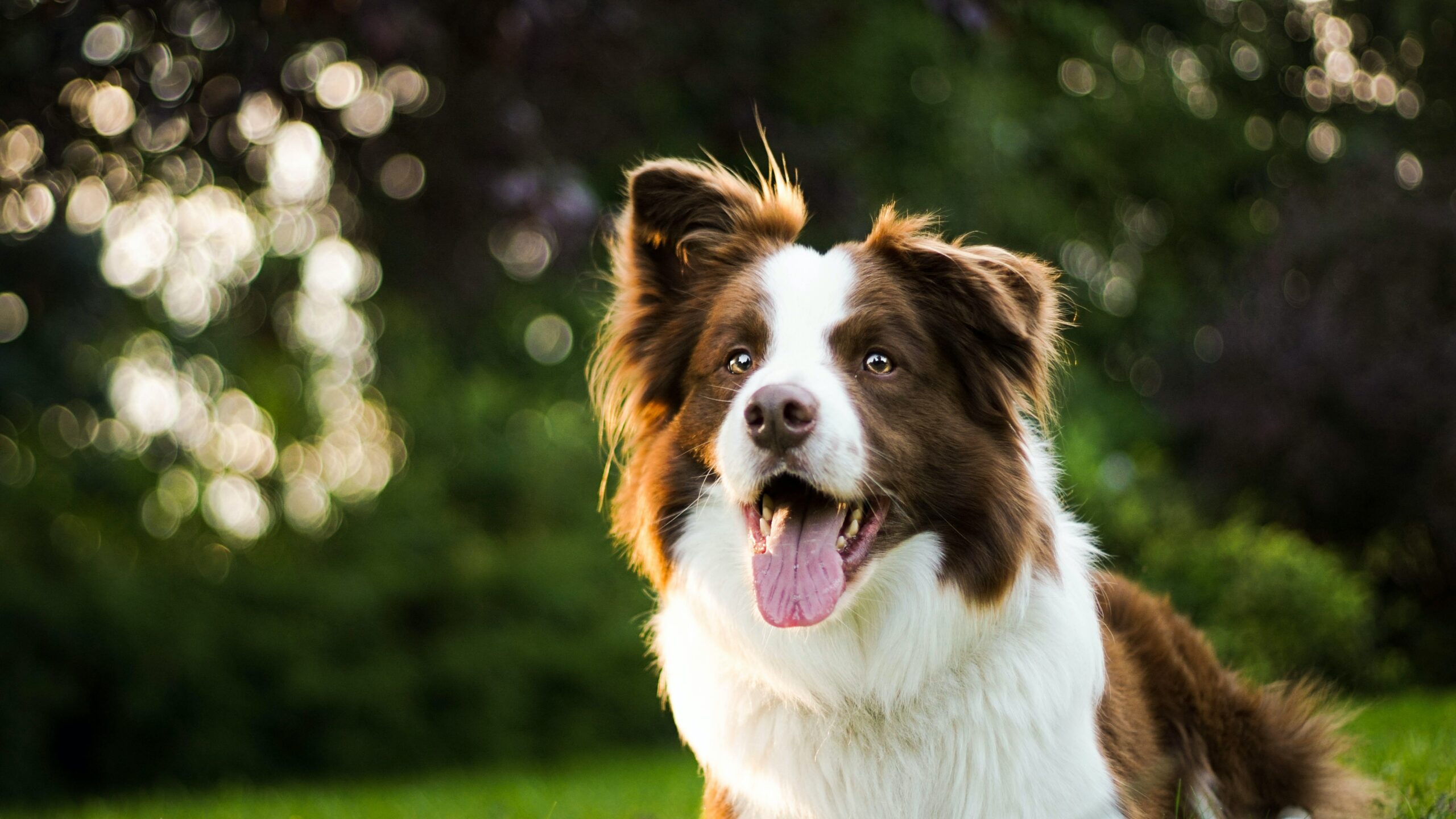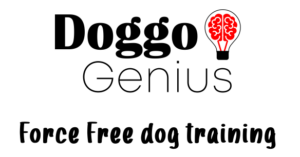Pets and Their People Blog
Dog Training Tip: Build Trust by Creating a Reinforcement History
We need our pets to trust us so that they will follow our cues and guidance, especially when they are feeling unsure about a situation. We can’t always predict when a sticky situation will occur and when it does, we want our dogs to know we’ve got their backs – to keep them safe, or to get them out of there. Earning and maintaining an animal’s trust goes hand in hand with creating a reinforcement history during training.
Building a Relationship Based on Positive Interactions
Ideally, we start creating our reinforcement history in puppy school, where our puppies are rewarded for offering the behaviors we are teaching them.
When positive reinforcement is given very often when training a new behavior, the final behavior then has a strong reinforcement history, which means that your dog will respond quickly and reliably when asked.
As the reinforcement journey progresses, we reward pups for good behavior and good decisions they offer on their own. This step is important because we want our dogs to offer good behavior, without us always having to cue them for it.

When we use reinforcement to teach and guide our dogs, we are building a relationship based on positive interactions. Over a fair amount of time, the relationship with our dogs also has a reinforcement history much like the behaviors we teach, creating a strong dog/guardian team and bond.
With dogs who have not had the opportunity of early training, or dogs who have previously been trained with aversives, it’s always a good idea to create a reinforcement history, through fun games and basic activities, before starting any serious behavioral work. It might take them a bit longer to develop the enthusiasm and motivation to work with us, but you will see it trickle through; just be patient with them.
Benefits of Creating a Reinforcement History
- We focus on good behavior. When we start looking for opportunities to reward our dogs, we also start understanding them! We become more observant and mindful of our dogs, their environment and their responses to it. This mindset alone is already going to create a big positive shift in your relationship with your dog. Plus, being on the lookout for the good things tends to generalize to other aspects of our lives too.
- Our dogs WANT to spend time with us and WANT to train and take part in activities with us. We should of course not force a dog to take part in an activity or sport he does not enjoy and rather focus on what he does enjoy and what he is good at. Dogs will soon learn that spending time with us and training with us are opportunities to be rewarded with their favorite things. And this will also make them very responsive to our cues and training.
- Our dogs are more likely to trust us to get them through an emergency situation that scares them. They will handle the situation better with a calmer response, and they will bounce back after the scary situation more quickly. We should never purposely put our dogs in situations that they can not cope with. But these emergencies can pop up, and it really helps when our dogs know that we’ve got their backs.
On this note, when our dogs have many negative experiences with us, even if it’s things we just could not predict or control, we do have to up our credit in the trust account again. We do this by simply reinforcing good behavior, good decisions, and brave behaviors as well as creating fun learning opportunities.
About the Author
Tersha Bateman is a qualified, accredited dog trainer at DoggoGenius in Johannesburg, South Africa. She has experience with all types of scenarios from hand raising orphaned puppies, rehabilitating severely neglected and traumatized dogs, working with highly aggressive and reactive dogs, to training shelter staff and teaching vital skills to help pet dogs and their owners live their best lives together. She is also a dog training and behavior facilitator at an animal behavior college. All of this is done using a mindful, force-free philosophy and modern scientific training techniques.


